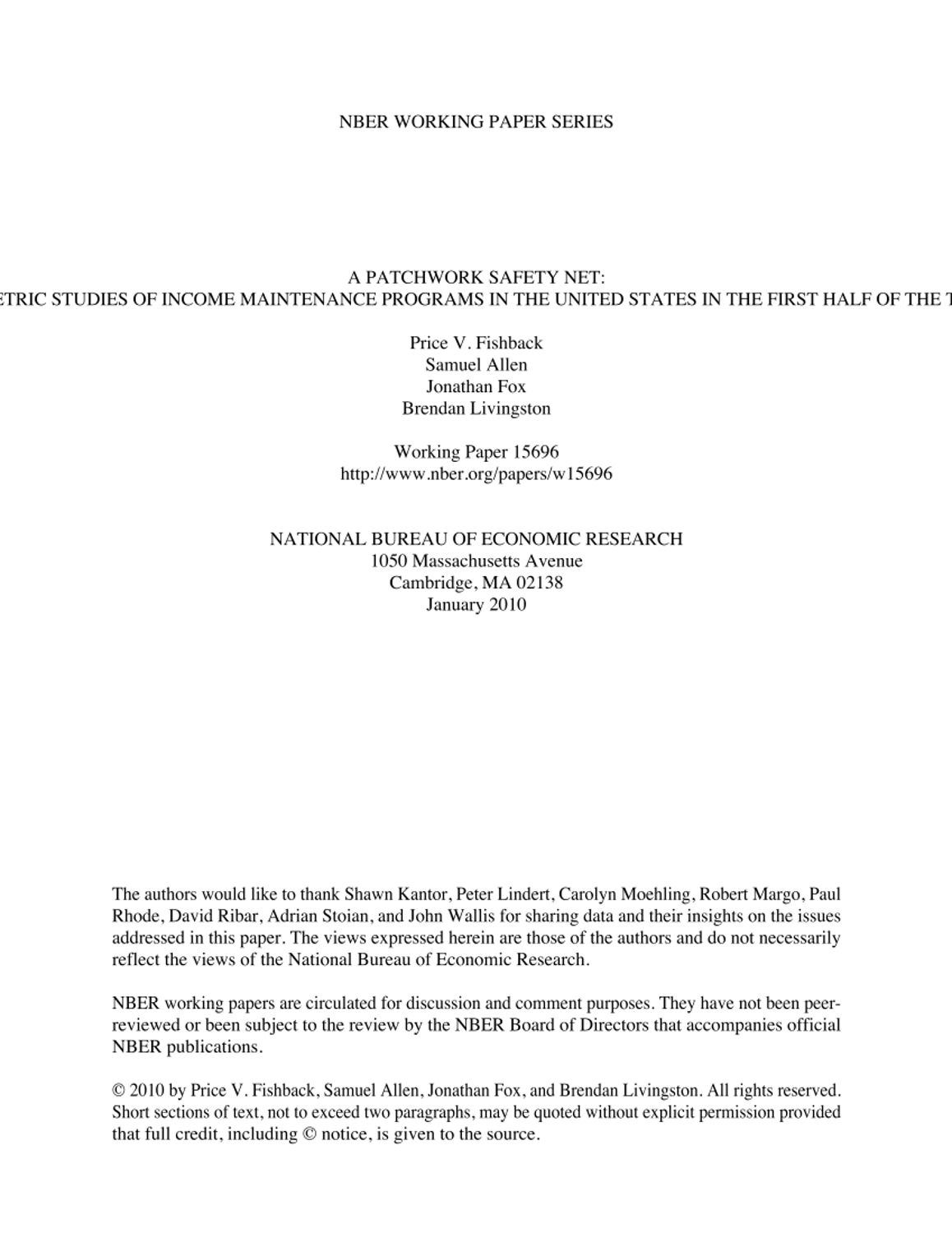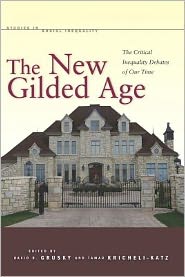Differential diagnoses: a comparative history of health care problems and solutions in the United States and France
- 청구기호
- 362.1 DIF2007
- 발행사항
- Ithaca : ILR Press, 2007
- 형태사항
- 253 p
- 서지주기
- Includes bibliographical references and index
- ISBN
- 9780801474842
- 분류기호
- 듀이십진분류법->362.1
소장정보
| 위치 | 등록번호 | 청구기호 / 출력 | 상태 | 반납예정일 |
|---|---|---|---|---|
이용 가능 (1) | ||||
| 한국노동연구원 | 00006337 | 대출가능 | - | |
- 등록번호
- 00006337
- 상태/반납예정일
- 대출가능
- -
- 위치/청구기호(출력)
- 한국노동연구원
책 소개
Although the United States spends 16 percent of its gross domestic product on health care, more than 46 million people have no insurance coverage, while one in four Americans report difficulty paying for medical care. Indeed, the U.S. health care system, despite being the most expensive health care system in the world, ranked thirty-seventh in a comprehensive World Health Organization report. With health care spending only expected to increase, Americans are again debating new ideas for expanding coverage and cutting costs. According to the historian Paul V. Dutton, Americans should look to France, whose health care system captured the World Health Organization's number-one spot.
In Differential Diagnoses, Dutton debunks a common misconception among Americans that European health care systems are essentially similar to each other and vastly different from U.S. health care. In fact, the Americans and the French both distrust socialized medicine. Both peoples cherish patient choice, independent physicians, medical practice freedoms, and private insurers in a qualitatively different way than the Canadians, the British, and many others.
The United States and France have struggled with the same ideals of liberty and equality, but one country followed a path that led to universal health insurance; the other embraced private insurers and has only guaranteed coverage for the elderly and the very poor. How has France reconciled the competing ideals of individual liberty and social equality to assure universal coverage while protecting patient and practitioner freedoms? What can Americans learn from the French experience, and what can the French learn from the U.S. example? Differential Diagnoses answers these questions by comparing how employers, labor unions, insurers, political groups, the state, and medical professionals have shaped their nations' health care systems from the early years of the twentieth century to the present day.
--Victor G. Rodwin, Professor of Health Policy and Management, Wagner/NYU; and Director, World Cities Project, International Longevity Center-USA







